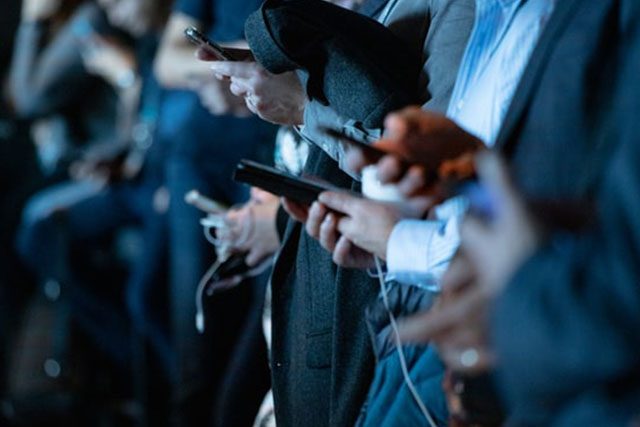The news and public affairs division of GMA Network is the latest media company to be victimized by fake news purveyors. It recently disowned a viral social media image that a government suspended work and classes in Cebu City.
The network denied the post came from its news division. The post alleges Cebu Governor Gwen Garcia declared two-weeklong classes and private work suspension, as well as enforcing as mandatory leave with pay due to the novel COVID-19 outbreak.
“Screencaps of the post, which may be spreading on social media messaging apps, makes unauthorized use of the logo of GMA News and Public Affairs Digital,” the media outlet added.
In view of this, it also urged the public to refrain from sharing the false post and asked them to only follow its official accounts for news updates.
Posted by GMA News on Tuesday, March 10, 2020
Garcia also denied declaring such an announcement and added that while she is the governor of the province, she has no “political supervision over Cebu City or their schools.”
Mayors as local chief executives are the only ones who are authorized to declare suspensions on cities and municipalities.
“Why I have been chosen as a subject matter for fake news is beyond my comprehension—whether it was meant as a prank, or meant for some other ill-motive. But what is important now is for the public to know that I never issued such statements,” Garcia said.
Posted by Ormoc's Only Top Diary on Tuesday, March 10, 2020
This is not the first time that a politician and a media outlet’s style for social media cards have been copied and reproduced to spread false posts among Filipinos, who are very much active on the internet.
Early this week, Pasig City Mayor Vico Sotto slammed a fake social media card that similarly used GMA News’ logo and style in claiming that a whole family in Santolan, Pasig tested positive for COVID-19.
The city chief denied the claims and said that such posts could be perpetuated by people who create fake news for a living.
Broadsheet The Philippine STAR also released an advisory against fake reports that used its name and logo on social media. The posts claimed former senator Antonio Trillanes IV has been issued an arrest warrant.
It encouraged the public to be more vigilant when it comes to sharing posts on the internet and to only follow its official accounts to prevent being victimized by fake posts.
News outlets usually have a verified checkmark or a badge next to their social media accounts to distinguish them from fake pages and to show that it is the official and authorized page.
A study by East Anglia University at Britain noted that spreading misinformation, inaccurate advice and “fake news” amid disease outbreaks could make it worse.
“Misinformation means that bad advice can circulate very quickly – and it can change human behaviour to take greater risks,” Paul Hunter, a professor of medicine in the university, said.
“Fake news is manufactured with no respect for accuracy, and is often based on conspiracy theories,” he added.










